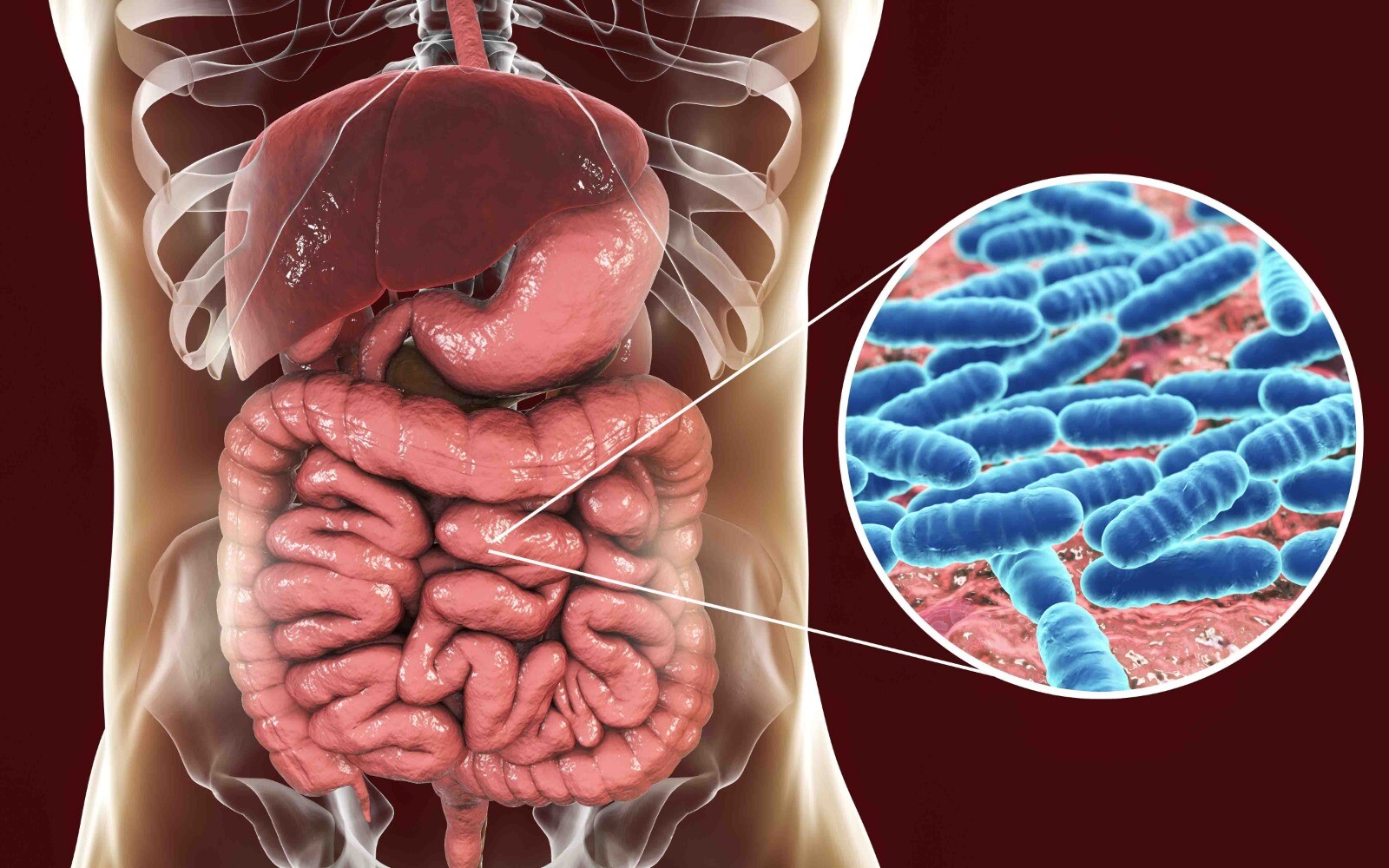
Future direction
Enhancements in the big data available on the structure and function of the gut microbiome in healthy and diseased populations will improve our understanding of the role of the gut microbiome in disease genesis and its potential role in therapeutic intervention. For conditions shown to be associated with changes in the microbiota, such as IBD, allergies, obesity and depression, more research is needed to elucidate whether such changes are causative. How can we move from detecting altered microbial community structure to elucidating altered community function? Is there a way to influence the balance of our microbiota, either during its initial establishment in infancy or once it has been established? To date, research has largely focused on bacterial inhabitants of the microbiome. What roles do viruses, fungi and other eukaryotic microbes (such as helminths) play in human health and disease? Can the gut microbiota be manipulated and leveraged for precision medicine? Hopefully, with the collaborative efforts of experts from different specialties, the puzzle of this “neglected organ” will be solved in the near future.
Author: Dr Steven Loo, Professor Tsui Kowk Wing


Recent Comments